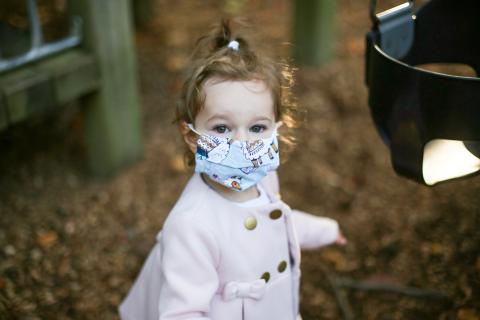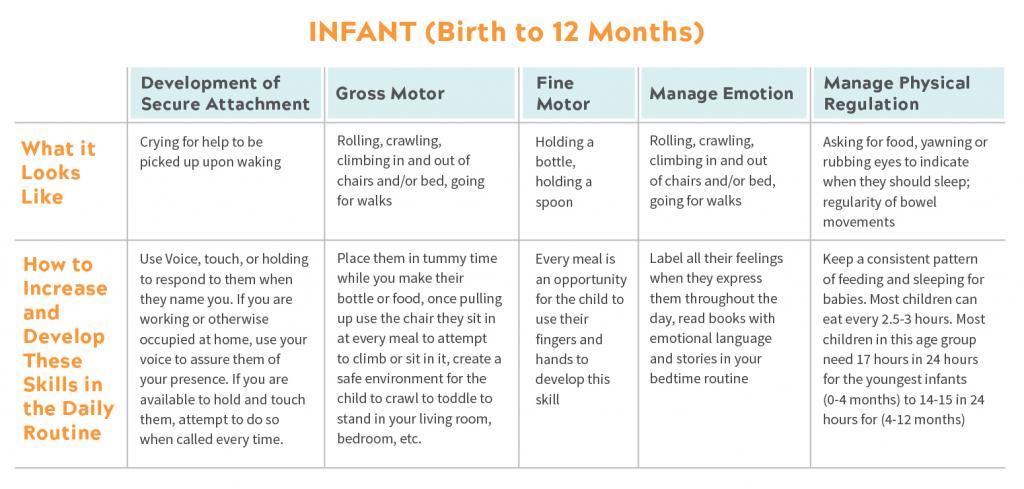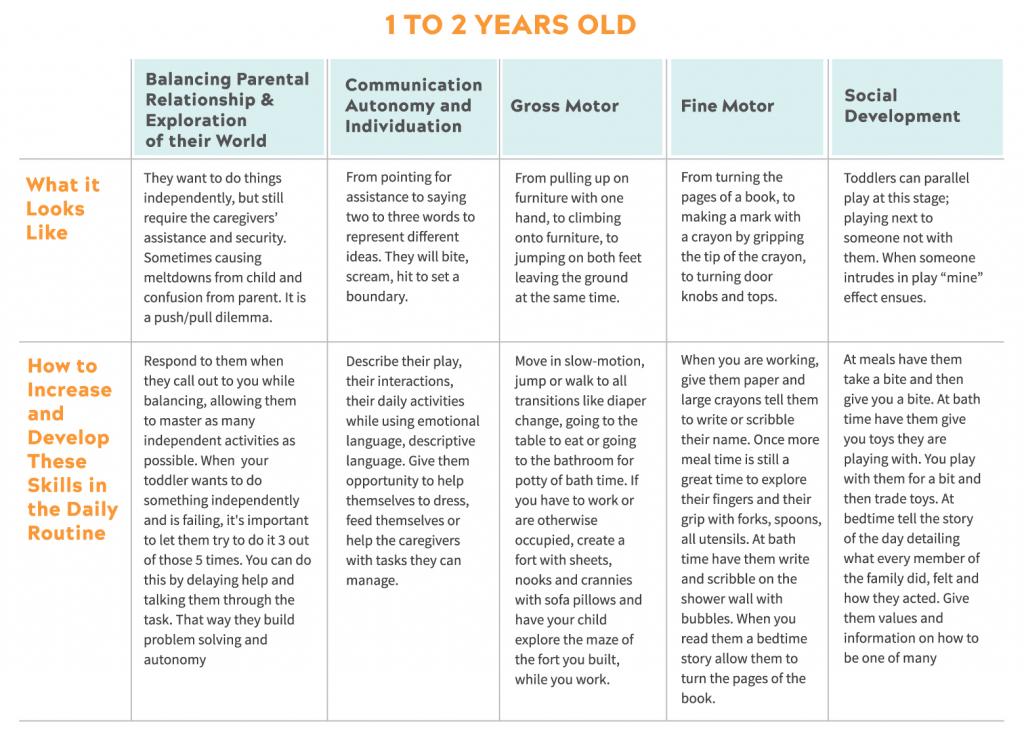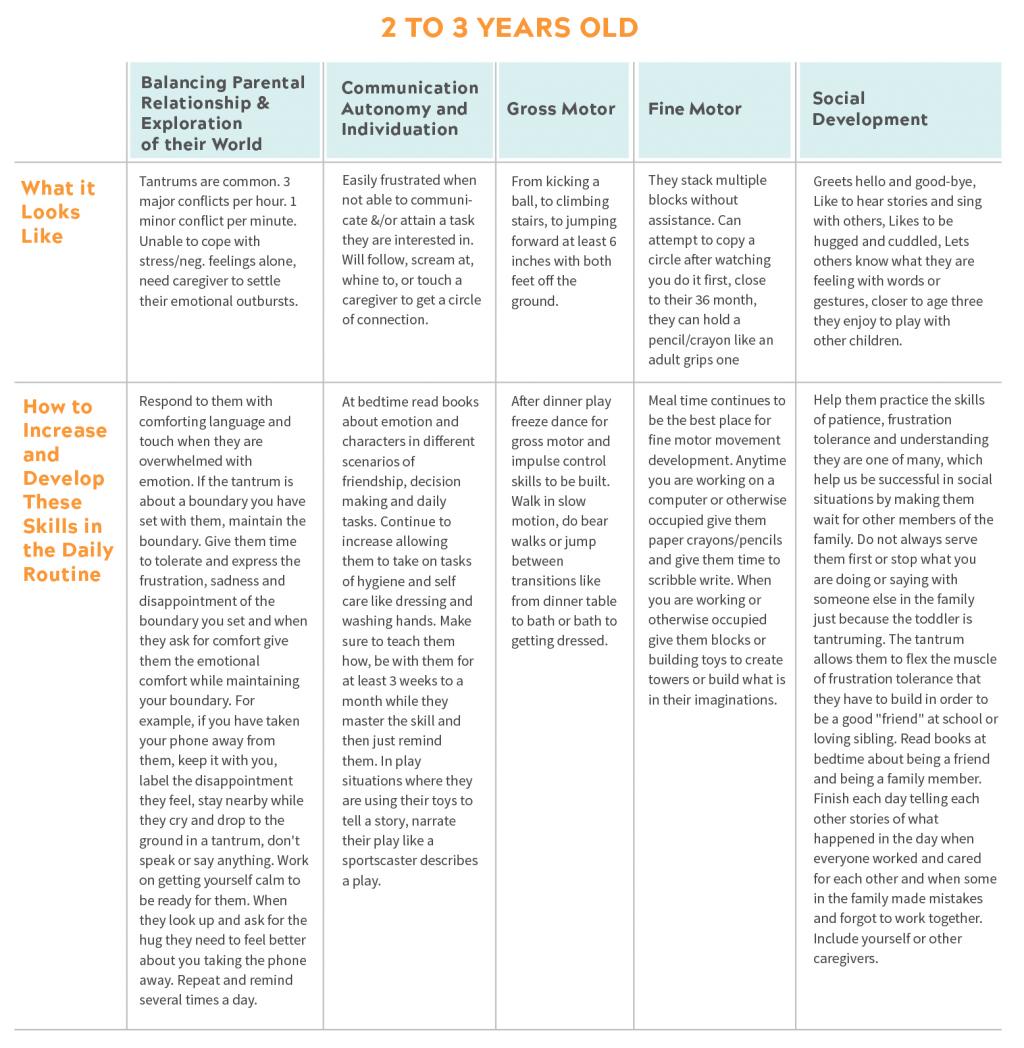
Parenting Infants and Toddlers in Times of Crisis (like a Pandemic?!)
When families of young children are in the midst of a difficult transition or living through a crisis, they often wonder: How do I keep my child safe? And, as part of that understanding of not being able to give enough of their time to their children, they worry about their children’s development. What is lacking? In what ways are they falling behind? Social media accounts dedicated to illustrating hacks and activities to parents that promise increases in their children’s developmental skills do not help matters. In a crisis or a difficult transition (like our current pandemic), those “activities” are beyond the bandwidth of most parents, causing the loop of guilt and irritability for the parent to repeat and intensify.
The truth is that children under three are constantly learning. In all interactions throughout the day, a child under three is learning to be human. You do not need a bin full of sand and toys for your child to engage in sensory or fine motor play. They have cereal at breakfast and water at bath time. As the caregiver, you can utilize the tasks you do daily, whether in calm or crisis, to increase the developmental opportunities for your little ones. The task at hand is to see those daily activities through the lens of normative development.
The following grids provide what skills the child is developing at each age group, ideas on what it looks like from the lens of the child, and how you can develop these skills through the daily, ordinary tasks of caring for your child.
Here are some important things parents can do for themselves to help build and manage infant development (birth to 12 months):
-
Create and become accustomed to living within the boundaries of a predictable and rigid routine.
-
Be mindful and cautious of your own eating, sleeping, and exercise patterns. Try not to neglect them.
-
Work out, create, and manage the division of labor between all the caregivers involved with the infant's care. FYI, division of labor between the caregivers does need to be even: who does which care depends on each caregiver’s abilities and time-availability.
-
Process to understand and realize the person that you used to be prior to becoming a parent. Wishing to have aspects of your past to work, as well or similar, to who you are now as a parent may create resentment, sadness, and irritability.
-
Within the first year, be mindful that 1 in 5 women will suffer from Postpartum Disorders - learn
-
about the symptoms. Early detection is key to positive prognosis: https://www.postpartum.net/learn-more/pregnancy-postpartum-mental-health
Skills for development to care give a child 1 to 2 years old:
-
Be clear on the values you are teaching and wanting the child to understand. Make sure that all caregivers are clear and agree on the values you will impart to the child.
-
Once you have those family values in mind, begin to build rules and expectations around the daily tasks of your child’s day. Build your skill of being consistent with how you respond to your child. Flexibility with rules does not work for young children.
-
Continue to build teamwork and communication with those who care for the child with you. Division amongst the caregivers will create challenging behavior.
-
Now that the child is mobile, look at the division of labor between caregivers and wonder who’s personality and personal skills best fit the child’s need to be active, climb, and explore more. The person who is more of a risk taker is the best caregiver for allowing a 1-2 year old explore their gross motor movement.
Skills for development to care give a child 2 to 3 years old:
-
Understand and process your personal responses of how you manage conflict and rejection. Toddlers tantrum at least three times per hour. Most adults experience this as conflict and rejection. If you are not clear on how to manage conflict and rejection, you will make short term choices with your toddler of either giving in or becoming angry with their loss of emotion; neither are good choices in the midst of a tantrum.
-
Build and be clear on your routine, rules and values with all the adults that care for the child with you.
-
Look at the division of labor and the routine. Notice when the child has the most tantrums during the routine. The person who leasts gets emotionally triggered by the child’s emotional outbursts in those moments in the routine is the person who needs to manage that moment as much as possible.
-
This is the time of your child’s development when moments in your past with your caregivers may trigger both negative and positive memories and instincts. Be mindful to take a close look at those memories to make sure that the past is not influencing your present interactions with your child in a negative or less than appropriate manner.
One final thought. If I could climb to a mountaintop and scream one thing, it would be: “Everyone, breathe, all will be okay.” The developmental science has taught us that when children experience adversity those who fare well have one loving consistent adult. Just one. We may not have time or patience, but all of us can take a moment to concentrate on their tiny hand or that chubby cheek and allow our hearts to flood with love for them. Allow that to be your hour-to-hour meditation. Find a small detail of their body, of their sounds, of their smell and allow your heart to overflow with love. Once there, smile, touch them, hug them, and in that moment your child will experience a loving consistent adult. Hang in there. This will not last forever.
Want to share this tool with other families in your community? Print this pdf for free here: https://s3.amazonaws.com/s3.momsrising.org/images/Development_Skills.pdf






The views and opinions expressed in this post are those of the author(s) and do not necessarily reflect those of MomsRising.org.
MomsRising.org strongly encourages our readers to post comments in response to blog posts. We value diversity of opinions and perspectives. Our goals for this space are to be educational, thought-provoking, and respectful. So we actively moderate comments and we reserve the right to edit or remove comments that undermine these goals. Thanks!